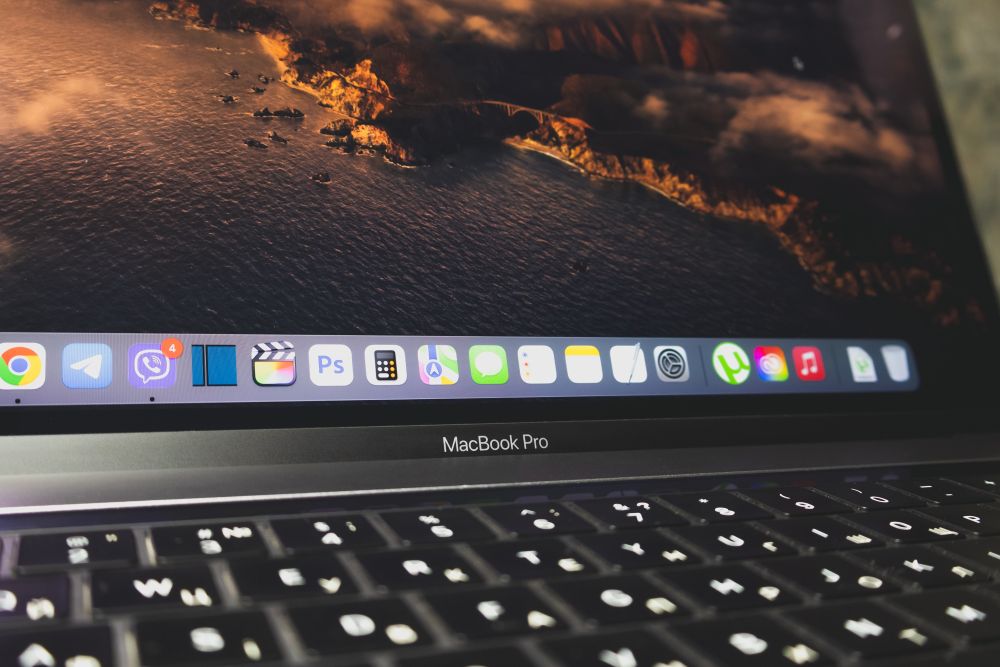
Let me tell you a story we didn’t expect to write.
We’ve been hammering away in our lab, diving deep into the Apple ecosystem—testing, poking, simulating real-world attacks. You know what we found?
macOS is tight. The security architecture? Rock solid.
The weakest link?
The person behind the keyboard.
Here’s what happened: We crafted a simple prompt. A clean, believable password request—no malware, no magic, just a question on the screen.
And they gave it to us. Instantly. Their password. The one that unlocks the Keychain.
The same Keychain that holds everything—email logins, saved browser passwords, app credentials, even admin access.
No hesitation. No suspicion. Just pure, blind trust. And it wasn’t a one-off. It happened over. And over. And over again.
Now contrast that with what we see on Windows machines. Those users? They hesitate. They close the window. They ask questions. Why?
Because Windows users are used to being paranoid. Mac users?
They still think they’re safe. But the criminals know this. And they’re coming hard—armed with popups, data stealers, and enough polish to look like the Genius Bar just walked into your office.
Let me be blunt: Your Mac users are your biggest insider threat.
And you’ve probably got no idea what they’re leaking until it’s too late.
So here’s the move:
Get a Level 1 Pen Test.
We’ll simulate the real stuff.
We’ll hit your environment with the kind of tricks attackers are using right now—and show you exactly where your users fall for it. (No malware. No harm. Just truth.)
Then we’ll give you the fix. Training. Policy. Lockdown recommendations. All the stuff you need to keep your Macs from becoming a liability.
Because here’s the truth:
macOS might keep the doors locked. But your users are handing out keys.
Don’t wait until your company name shows up in a headline with the words “unauthorized access” and “data breach.”
Find your blind spots—before someone else does.
Schedule your Level 1 Pen Test now.
Let’s see what your Macs are really protecting.
And what they’re not.



